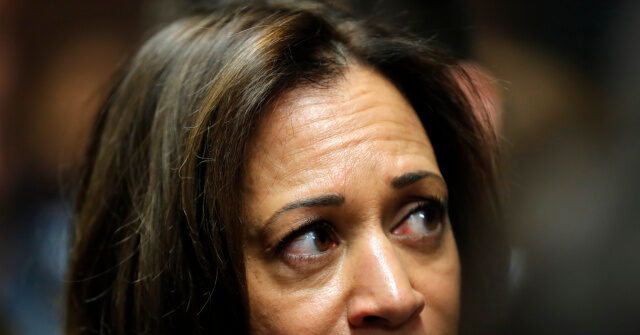In a recent episode of “The Chris Cuomo Project,” Chris Cuomo voiced his discontent with Vice President Kamala Harris and the Democratic Party’s reluctance to criticize her. Cuomo argued that Harris should not be elevated to an unearned status, likening the current praise she receives to the adoration once granted to former President Barack Obama. He remarked that many Democrats were skeptical of Harris’s candidacy just a few months ago, only to now treat her as an essential figure within the party. Cuomo expressed that comparisons of Harris to Obama are misplaced, as he found Obama to be a more charismatic and effective campaigner than Harris, highlighting a perceived inadequacy in her ability to connect with the electorate.
Cuomo also tackled the perception that Harris’s rise to the vice presidency was somehow undeserving, noting that she lacked significant support in the primary elections. He mentioned that she was unable to progress in her own presidential run and asserted that a sentiment exists among the public regarding the legitimacy of her nomination. While he acknowledged that some criticisms of Harris may be unfair, he underscored the mixed feelings many have about her qualifications and path to the position. This disconnect between her current status and the path she took raises questions about merit within the party and the expectations placed upon her.
Furthermore, Cuomo emphasized the need for open discourse within the Democratic Party, urging members to address Harris’s shortcomings rather than using the threat of former President Donald Trump as an excuse to refrain from criticism. He argued that Democrats should not ignore Harris’s negatives, as she, like Trump, has her share of detractors. This appeal for honesty in evaluating political figures suggests that merely relying on fear of opposing candidates is insufficient for progressive advancement. By holding politicians accountable, Democrats might better navigate the political landscape rather than simply coasting by on the highs of election victories.
Cuomo criticized the notion that any dissent against Harris is dismissed under the guise of protecting the Democratic Party from potential attacks by Trump. He contended that this mindset is unproductive and prevents the party from truly engaging with the public’s concerns. By oversimplifying the opposition as solely racist or bigoted, he warned that Democrats might be limiting their understanding of those who disagree with them. This self-imposed blindness could diminish their chances of creating a broader coalition and addressing the realities of a divided electorate.
In previous discussions, Cuomo has not shied away from critiquing both the Democratic leadership and the media’s tendency to downplay serious threats, such as assassination attempts, directed at figures like Trump. He posed thought-provoking questions about the implications if these threats had been aimed at prominent Democrats like Biden or Harris. The emphasis on how serious such political violence becomes even more troubling when tied to party loyalty reveals Cuomo’s commitment to addressing uncomfortable truths in modern politics.
Cuomo’s earlier critiques also extended to Harris’s stance on immigration, where he indicated that her messaging might not resonate with independent voters. This critique of her policy approach highlights the importance of appealing to a wider electorate beyond the traditional Democratic base. As political conditions evolve, he stressed the necessity for Democrats to refine their strategies and rhetoric in meaningful ways to address issues affecting everyday Americans. Ultimately, Cuomo’s remarks serve as a call for self-reflection within the party, urging Democrats to critically engage with their leaders and navigate the complexities of today’s political environment.

